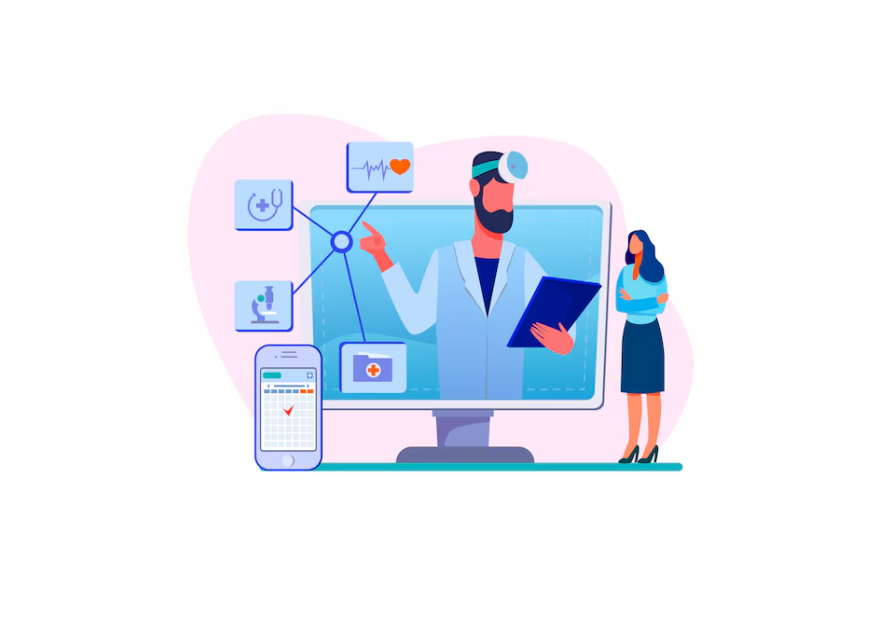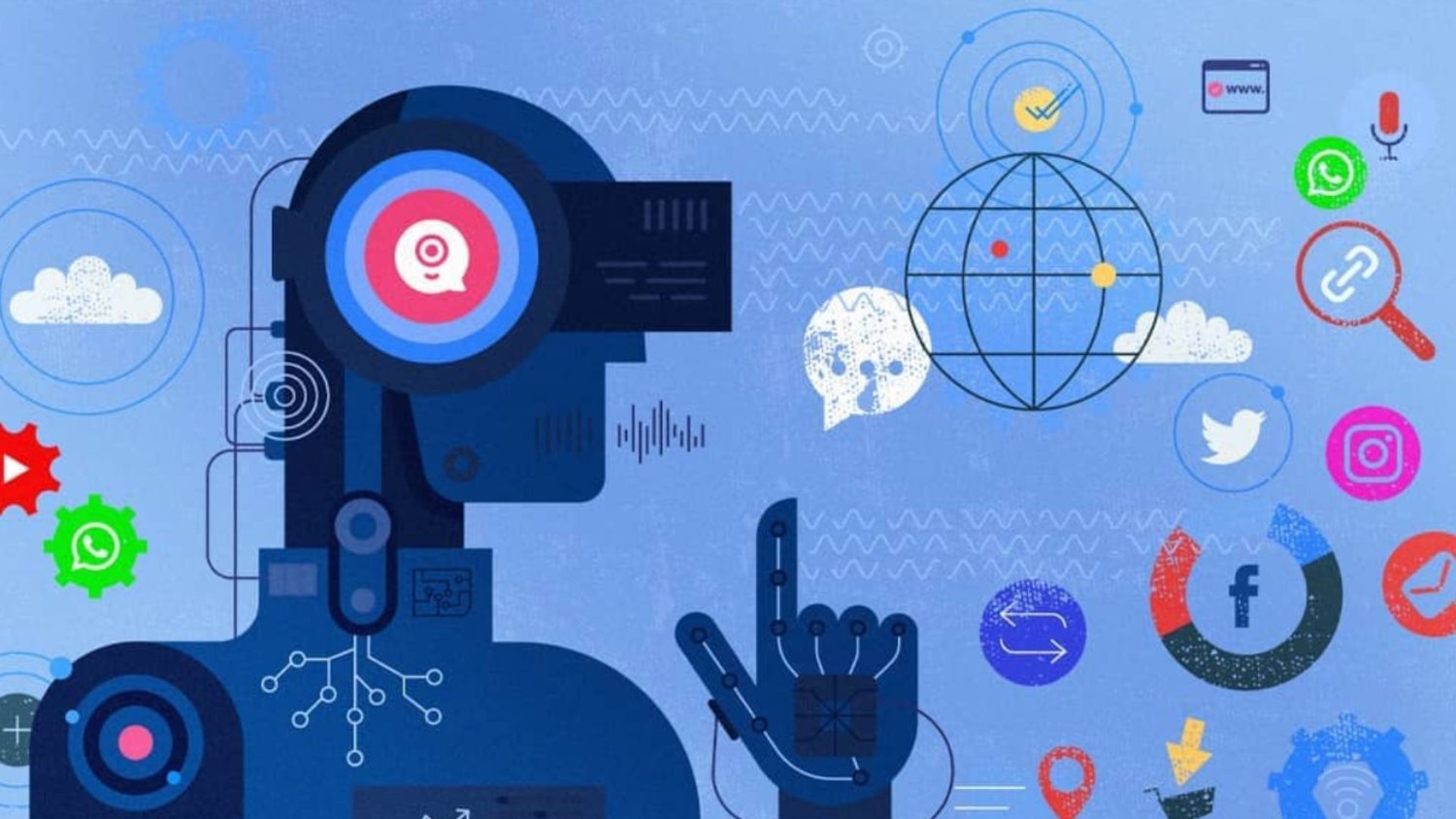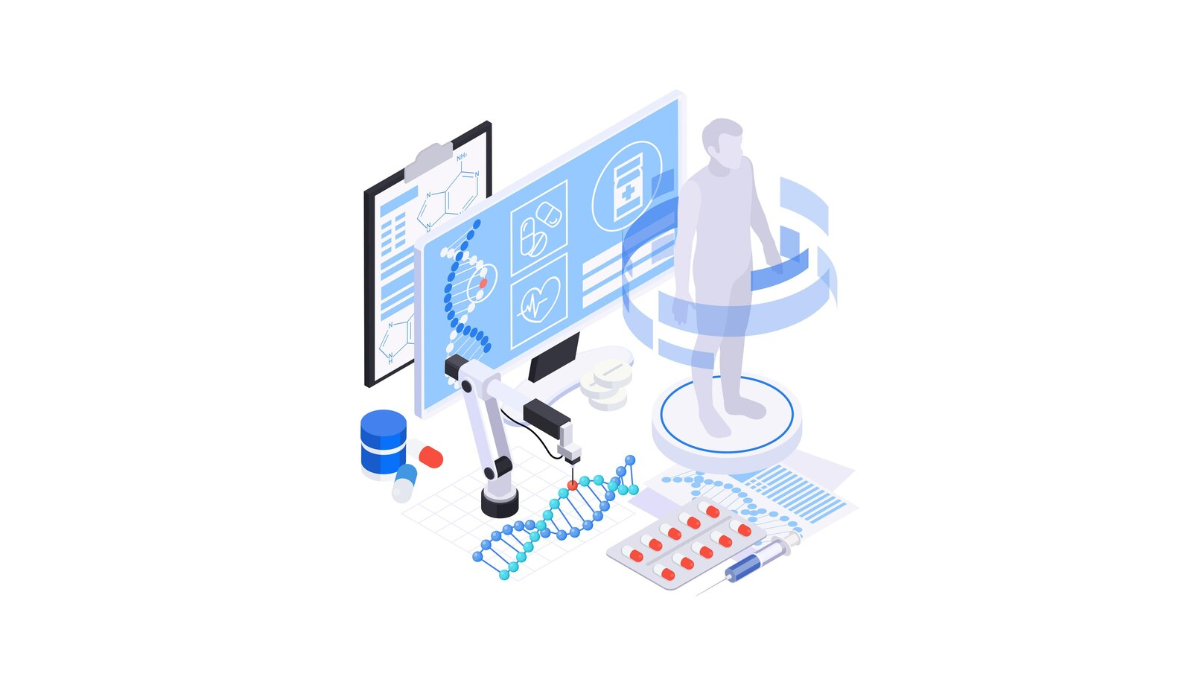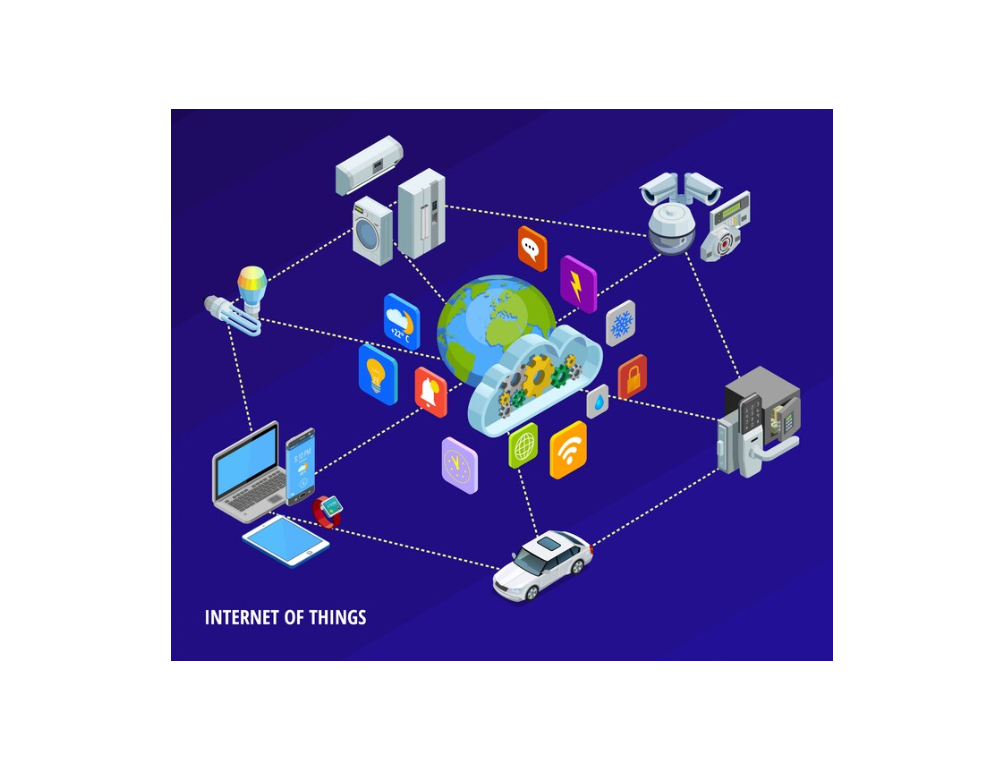Data Analytics in Healthcare: Driving Better Outcomes and Efficiency

Strong 8k brings an ultra-HD IPTV experience to your living room and your pocket.
Data Analytics in Healthcare: Improved Patient Outcomes
The healthcare industry is experiencing a paradigm shift, largely driven by advances in digital technologies. Among these innovations, data analytics in healthcare stands out as a game-changer. By gathering, analyzing, and interpreting massive volumes of patient data, healthcare providers can identify patterns, optimize treatments, reduce costs, and ultimately improve patient outcomes. In this article, we explore how data analytics has revolutionized the healthcare landscape and discuss its critical role in shaping a healthier future for all.
1. Defining Data Analytics in Healthcare
Data analytics in healthcare refers to the systematic examination of medical data—ranging from patient records and diagnostic results to operational metrics—in order to draw actionable insights. These insights help clinicians diagnose diseases more accurately, predict patient risks, and tailor treatment plans to individual needs. When used effectively, data analytics fosters a more proactive, patient-centric approach to healthcare.
Traditionally, medical decisions were often based on limited patient information and the clinician’s personal expertise. With the advent of sophisticated data-gathering tools and powerful algorithms, healthcare providers can now evaluate comprehensive datasets, leading to more evidence-based clinical decisions.
2. Key Benefits of Data Analytics in Healthcare
a) Enhanced Clinical Outcomes
By analyzing a patient’s medical history, lifestyle choices, and even genetic data, clinicians can develop personalized treatment plans that maximize efficacy. Early detection of chronic diseases—such as diabetes or hypertension—becomes more feasible when large datasets signal early warning signs. This ability to spot health risks before they become critical conditions can save both lives and resources.
b) Cost Reduction
Data analytics enables hospitals and clinics to streamline their operations. For instance, predictive analytics can help administrators forecast patient admissions, optimize staffing, and manage inventory. Additionally, analyzing billing records and claims data reduces fraud and errors, which further cuts costs.
c) Improved Patient Engagement
Healthcare analytics platforms can generate tailored insights for patients, encouraging them to take proactive steps in managing their health. Tools such as mobile apps and patient portals deliver real-time feedback on factors like diet, exercise, and medication adherence. This level of personalization fosters patient loyalty and encourages healthy behavior changes.
d) Better Resource Allocation
Data-driven insights help healthcare organizations allocate resources more effectively. Administrators can identify bottlenecks in patient flow, pinpoint underutilized equipment, or decide which specialties require more staff. This not only optimizes budgets but also minimizes patient wait times.
e) Innovation and Research
Large-scale data analysis fuels groundbreaking research in drug development and disease prevention. By aggregating and examining data from diverse populations, researchers can discover genetic markers, risk factors, and potential treatments more rapidly than ever before.
3. Real-World Applications
a) Predictive Analytics for Chronic Diseases
Chronic conditions account for a significant proportion of healthcare costs and morbidity. Predictive models use patient data, such as lab results and social determinants of health, to determine who is at greatest risk of complications. As a result, care teams can intervene sooner with preventive measures, dietary changes, or medications.
b) Population Health Management
Healthcare providers are increasingly adopting value-based care models, focusing on the overall well-being of entire communities rather than just treating individual patients. Data analytics helps in segmenting populations by age, geography, and health status, allowing for targeted interventions like vaccination drives or health awareness campaigns.
c) Personalized Medicine
Advances in genomics have opened the door to more precise and individualized treatments. By overlaying genetic data with clinical information, analytics platforms can suggest therapies tailored to each patient’s unique biological makeup. This approach aims to increase treatment efficacy while reducing adverse reactions.
d) Hospital Operations Optimization
Large medical facilities often struggle with overcrowding and workflow inefficiencies. Data analytics can highlight peak admission times, guide strategic staffing, and predict future patient volumes. Hospitals that leverage these insights experience fewer bottlenecks, shorter wait times, and higher patient satisfaction.
e) Drug Discovery and Clinical Trials
Pharmaceutical companies use AI-driven analytics to sift through troves of biomedical data, accelerating the identification of promising drug candidates. Furthermore, data analytics streamlines clinical trials by matching eligible participants more accurately and monitoring patient responses in real time.
4. Challenges to Implementation
a) Data Privacy and Security
Healthcare data is highly sensitive, governed by regulations such as HIPAA in the United States or GDPR in the European Union. Ensuring robust cybersecurity measures is paramount. Data breaches can not only harm patients but also lead to significant legal and financial consequences for healthcare institutions.
b) Data Integration
Hospitals and clinics often rely on legacy systems or disconnected databases. Merging these sources into a centralized analytics platform can be time-consuming and expensive. A lack of standardized data formats further complicates the integration process.
c) Limited Technical Expertise
Successfully deploying data analytics in healthcare requires specialized skills in statistics, machine learning, and software development. Smaller facilities may struggle to afford or retain professionals with these skill sets, impeding widespread adoption.
d) Ethical and Bias Concerns
Data-driven algorithms may inadvertently reflect biases present in the data, leading to unequal treatment recommendations for different patient groups. Addressing these biases requires transparent model-building processes and ongoing monitoring of analytical outcomes.
e) Cost and Infrastructure
High-end analytics solutions can be costly to purchase and maintain. Cloud-based models offer scalability but still necessitate substantial investment in training and support. Organizations must weigh these costs against the potential long-term benefits.
5. Future Outlook
The momentum behind data analytics in healthcare shows no signs of slowing. Emerging technologies like artificial intelligence (AI), machine learning, and natural language processing are enriching the analytical process, converting unstructured data—such as doctors’ notes and imaging scans—into usable insights. Additionally, innovations in wearable technology and remote monitoring devices will generate more patient-generated data, granting clinicians a 360-degree view of patient health.
Over time, these combined advancements will push the boundaries of predictive care, reduce the strain on healthcare systems, and elevate patient-centered approaches. Moreover, international collaboration and shared data standards could accelerate global research, tackling diseases on a broader scale.
6. Conclusion
Data analytics in healthcare is revolutionizing the industry, offering new possibilities for early detection, personalized treatments, and optimized healthcare delivery. Despite challenges involving privacy, technical expertise, and costs, the potential rewards are immense. Providers who embrace data analytics are likely to improve patient outcomes, enhance operational efficiency, and foster innovation that shapes the future of medicine.
For healthcare institutions of all sizes, it is no longer a question of if they should adopt data analytics, but rather when and how they can do so effectively. By investing in robust data governance, interdisciplinary collaboration, and ongoing training, the healthcare sector can truly harness the power of data to create a healthier world.
FAQ
Q1: What is data analytics in healthcare?
Data analytics in healthcare refers to the use of statistical and computational methods to examine large sets of patient and operational data. These insights help medical professionals improve clinical outcomes, optimize resources, and provide personalized care.
Q2: How does data analytics improve patient care?
By analyzing comprehensive patient data—including medical history, lifestyle factors, and real-time monitoring—clinicians can detect diseases earlier, tailor treatments, and offer preventive measures that enhance patient well-being.
Q3: Are there privacy concerns with healthcare data analytics?
Yes. Healthcare data is highly sensitive, so organizations must adhere to regulations like HIPAA or GDPR, implement strong encryption, and maintain rigorous access controls to protect patient confidentiality.
Q4: Is data analytics only for large hospitals?
No. While implementing advanced analytics may require resources and expertise, many scalable, cloud-based solutions cater to small clinics and private practices, making data-driven insights accessible to a wider range of healthcare providers.
Q5: What role will AI play in the future of healthcare analytics?
AI technologies like machine learning and natural language processing will accelerate data analysis, convert unstructured notes into actionable insights, and enable predictive models that anticipate patient needs. This evolution stands to fundamentally reshape healthcare delivery.
Note: IndiBlogHub features both user-submitted and editorial content. We do not verify third-party contributions. Read our Disclaimer and Privacy Policyfor details.







